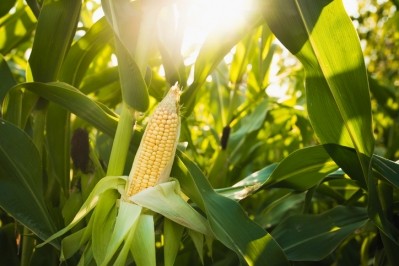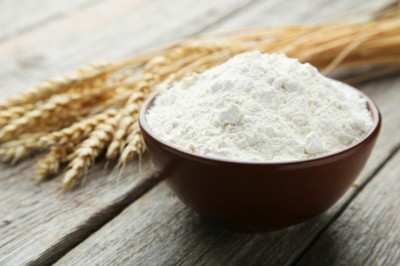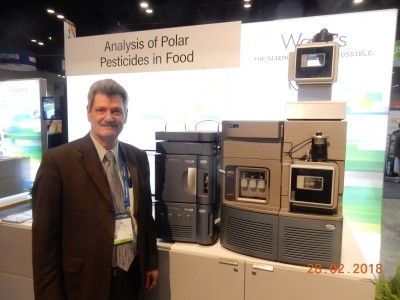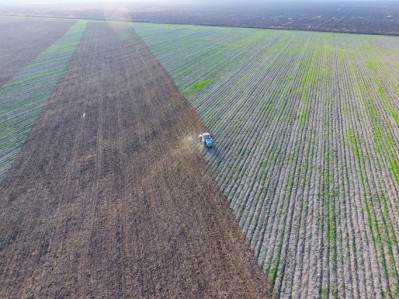German crackdown on glyphosate: 'We must use every opportunity to avert the worst effects on biodiversity'
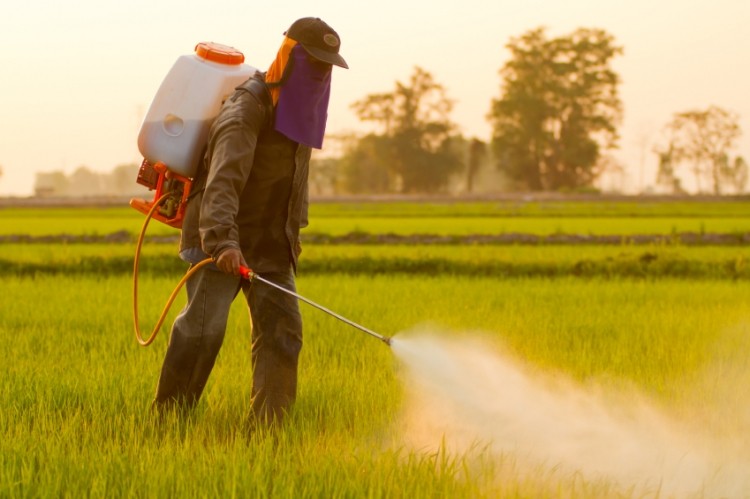
German regulators want to pin down a time frame to phase out the use of glyphosate. The weed killer, produced by agri-giant Bayer-Monsanto, is at the centre of an argument over whether it is linked to cancer and its use has been associated with bio-diversity loss and declining bee populations.
Speaking yesterday, Environment Minister Svenda Schulze of the Social Democrat (SDP) party, said that she wanted to “push forward” with the withdrawal of glyphosate, including “an end date”.
“The Federal Ministry for the Environment has submitted a plan for a gradual phasing out of the broadband herbicide glyphosate. For this purpose, the Plant Protection Application Ordinance is to be amended,” Schulze said.
In February, Germany’s ruling coalition agreed to limit glyphosate use, with the goal of phasing out products containing it – but no timeframe for was agreed.
A ban cannot legally be imposed until 2023, when EU authorisation for the weed-killer expires.
“As long as glyphosate is authorised in the EU, it is not legally possible to completely prevent its use in the authorization process, but we must use every opportunity to avert the worst effects on biodiversity,” Environment Agency president Maria Krautzberger added.
Tightening approval process and ‘bio-protection’ safe zones
Schulze also signalled that she favours making it more difficult for new herbicides and pesticides to gain regulatory approval. In particular, she suggested the Environment Ministry backs the addition of nature conservation considerations to the approval process.
“If only other, perhaps even more harmful crop protection products are used instead of glyphosate, nothing is gained for the environment. That's why, as part of the authorization process, we will demand new conservation requirements for every crop protection product that damages biodiversity,” Schulze commented.
The Environment Minister also proposed the creation of “compensation areas” to protect biodiversity. Farmers who use crop protection products deemed harmful to biodiversity will have to keep part of their arable land as a "biodiversity area" from 1 January 2020.
The 'polluter pays' principle
Representatives of Germany’s organic producers welcomed the proposals. Gerald Wehde, head of agriculture policy at industry body Bioland, said that a stricter authorisation process is “long overdue”.
"Pesticides harm wild plants, bees, frogs, fish, birds and many more living things. Broadband herbicides such as glyphosate and insecticides play a significant role in the dramatic loss of species. Broad spectrum herbicides are also called total herbicides because they kill all plants,” Wehded stressed.
“In addition to the planned exit from glyphosate, Bioland welcomes, above all, the announcement of the Federal Ministry for the Environment and the Federal Environmental Agency on a stricter authorization procedure for plant protection products.”
On the creation of protected areas to compensate for the damage to biodiversity caused by crop protection products, Wehded argued that the proportion of these areas should “on average” be 10%.
“This is the first step in the application of the polluter pays principle and a major step towards preserving the biodiversity of our cultural landscapes.”
